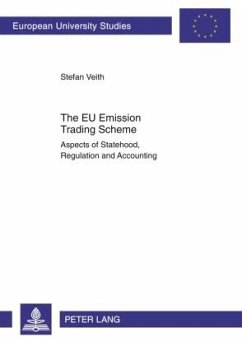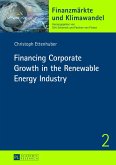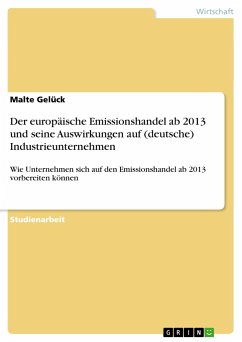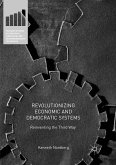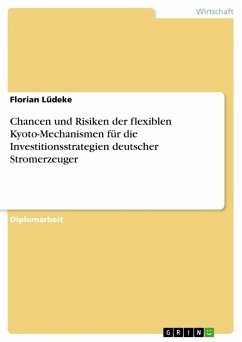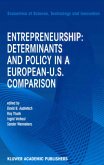The emission trading scheme is the most recent instrument of the EU environmental policy. Its underlying mechanisms and economic consequences are yet less straightforward than policymakers initially had expected: As this study shows, the regulation probably yields unintended distributional effects and imposes additional risk on the regulated companies. Consequently, meaningful accounting for emission rights is not only a necessity for regulators and customers, who need transparency, but also for investors on capital markets, who bear the additional regulatory risk. This study empirically assesses the usefulness of various accounting alternatives and provides evidence that cost and fair value approaches dominate the widely used mixed models.

